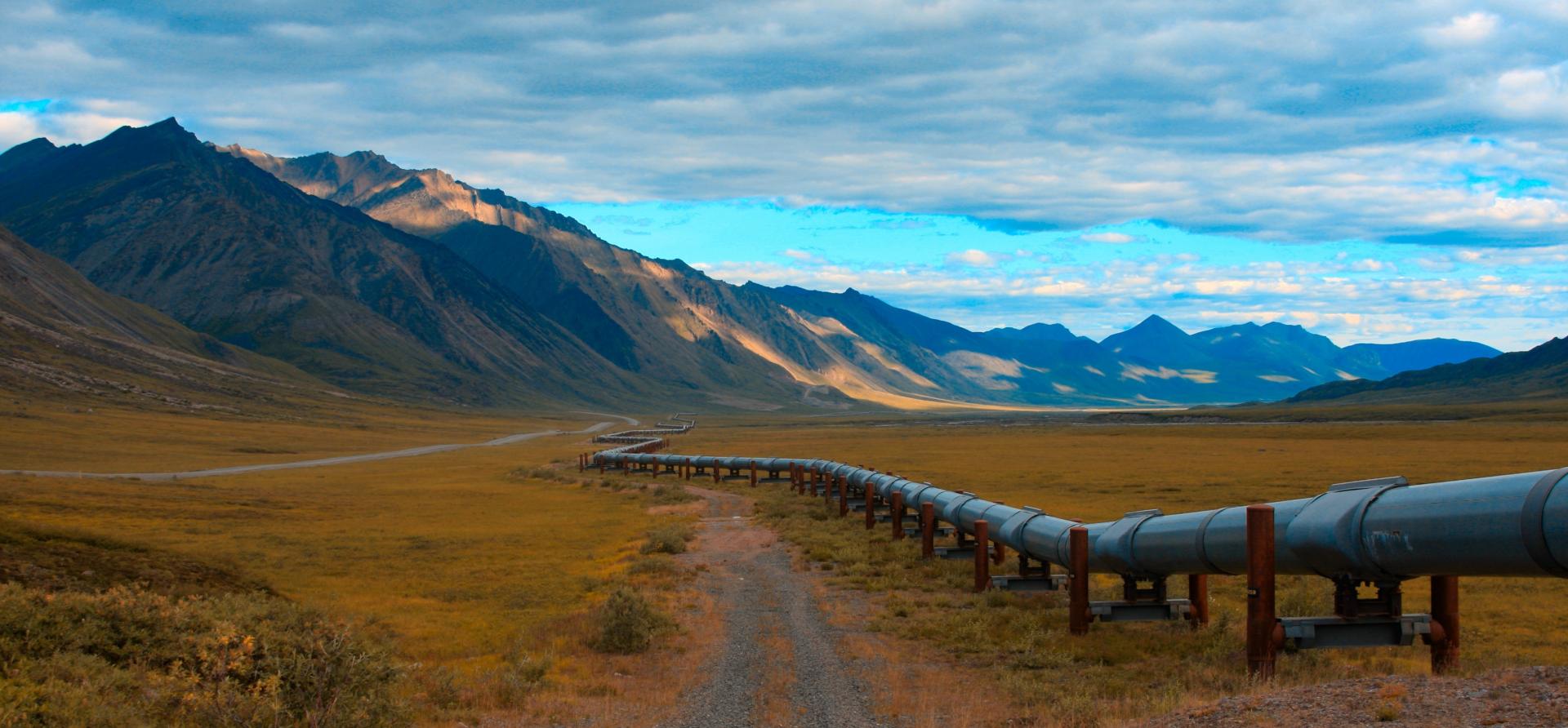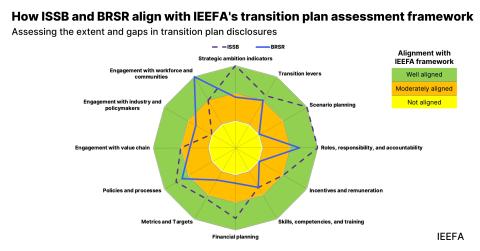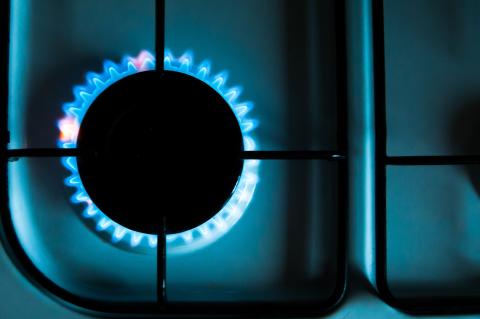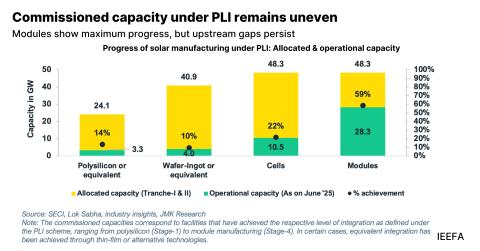Canada should learn from the Trans Mountain Expansion pipeline's fiscal issues
Download Full Report
View Press Release

Key Findings
Using public money to underwrite oil pipelines could exacerbate Canada’s public debt. The Trans Mountain Pipeline Expansion’s track record of high costs and government bailouts is a red flag.
The direct funding Canada provided for TMX totals $35.6 billion—roughly $1.4 billion more than typically reported. The indirect financial subsidies raise government exposure to over $40 billion.
More than $25 billion of the funding is ineligible for recovery via proposed shipping tolls. Canada’s ability to recoup the remainder of its investment is limited by toll-setting issues. Taxpayers will likely take a large hit.
Vigorous scrutiny of the impact of TMX—and any new publicly subsidized oil pipeline proposals—on Canada’s fiscal condition is needed and should consider China’s likely weakening oil demand.
Executive Summary
Today, as some private interests and public officials call for government funding to construct more oil pipelines across Canada to increase oil exports, it is worth taking a closer look at the financial quagmire of the Trans Mountain Expansion pipeline (TMX)—a project that is no model to follow.
The Canadian government bailed out the poorly conceived, financially troubled oil pipeline project in 2018 by purchasing it from the Texas-based energy infrastructure giant Kinder Morgan. As explained in this report, construction costs and government financial support then escalated significantly, including a recent influx of additional cash from the government in 2024.
The chances for recouping public funds that have been sunken into the TMX are slim. The high cost of the pipeline—which runs from Edmonton, Alberta, to Burnaby, B.C.—has put enormous pressure on the pipeline toll-setting process, resulting in vociferous objections from the pipeline’s shippers. Meanwhile, the oil market is increasingly beset by uncertainties that pose risks to TMX’s long-term profit margin.
In the context of trade issues between Canada and the United States, some have suggested building new oil pipelines to gain access to refineries in central and eastern Canada, or to increase exports to Asia. This report recommends that such ideas be scrutinized, given the potential risk to taxpayer funds. Market conditions do not favor a long-term reliance on Asia for oil exports. Major new oil pipeline construction could lead to government-funded bailouts, as has been seen with the TMX—resulting in substantial outlays of public money that may never be recovered.
















